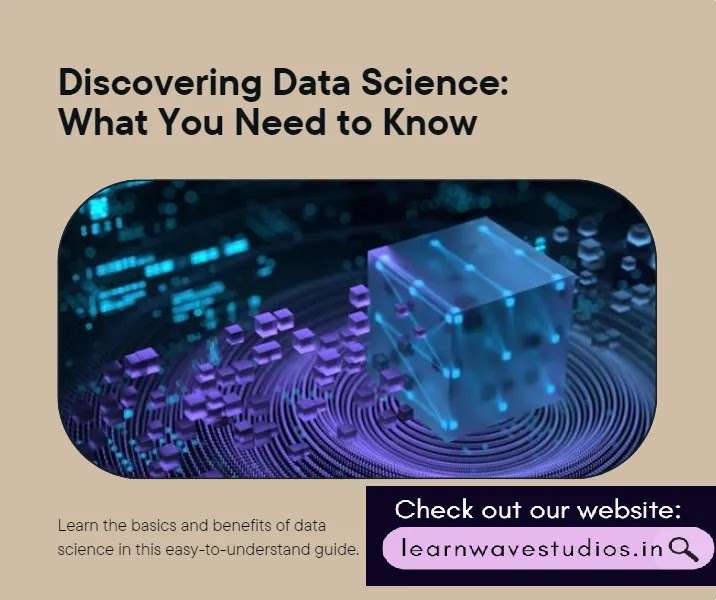Unveiling Data Science: Exploring its Significance and Practical Applications
In today’s data-driven world, the term “data science” has become increasingly prevalent, influencing businesses, technology, and decision-making processes across various industries. From its fundamental concepts to its diverse applications, this blog post aims to demystify the realm of data-science, shedding light on its significance and real-world utilities.

Understanding Data Science | what is it?
Data-science constitutes the comprehensive study of data to derive meaningful insights and solutions that drive business and innovation. It integrates principles and methodologies from interdisciplinary fields such as mathematics, statistics, artificial intelligence, and computer engineering. By harnessing the power of data, businesses can make informed decisions, gain competitive advantages, and optimize their operations.
Practical Applications of Data Science
Business Analytics
Data science is instrumental in extracting actionable insights from vast datasets, empowering organizations to identify trends, forecast demands, and optimize resource allocation. From market analysis to customer behavior prediction, it serves as a cornerstone for informed decision-making, enabling businesses to enhance their operational efficiency and strategic planning.
Healthcare and Medicine
In the healthcare sector, it plays a pivotal role in leveraging patient data to personalize treatments, predict disease outbreaks, and optimize hospital resource management. Through advanced analytics and predictive modeling, healthcare professionals can improve patient outcomes, streamline clinical processes, and facilitate evidence-based medical practices.
Financial Services
Financial institutions harness the potential of data science to detect fraudulent activities, assess credit risks, and optimize investment strategies. By analyzing historical trends and market fluctuations, data science enables financial experts to make informed decisions, manage risks, and deliver tailored financial services to their clients.
E-commerce and Customer Experience
Data-science empowers e-commerce platforms to offer personalized product recommendations, enhance user experience, and analyze customer feedback for improving product offerings. By understanding consumer behavior and preferences, businesses can tailor their marketing strategies and optimize their product offerings to meet customer demands effectively.
The Role of Machine Learning and Artificial Intelligence
Data-science heavily relies on machine learning and AI to extract meaningful patterns and insights from complex datasets. These technologies enable the creation of predictive models, automation of repetitive tasks, and the development of intelligent systems that continuously learn and adapt to new data.
Where Data Science Can be Used
- Social Media Analysis: Data-science is employed in analyzing social media trends, sentiment analysis, and targeted advertising.
- Environmental Research: Data-science is utilized to model climate changes, analyze environmental patterns, and optimize resource management.
- Transportation and Logistics: Data science is applied to optimize route planning, predictive maintenance, and fleet management in the transportation sector.
In summary, data science serves as a foundational pillar in today’s technological landscape, empowering businesses and industries to derive valuable insights, make informed decisions, and drive innovation. From business analytics to healthcare advancements, the applications of data science are diverse and impactful, revolutionizing the ways in which we approach and utilize data.
As data continues to proliferate, the importance of data science will only grow, solidifying its position as a transformative force across various domains. Understanding the essence of data science and its practical applications is essential for individuals and organizations seeking to leverage the potential of data-driven insights in today’s dynamic and competitive world.

